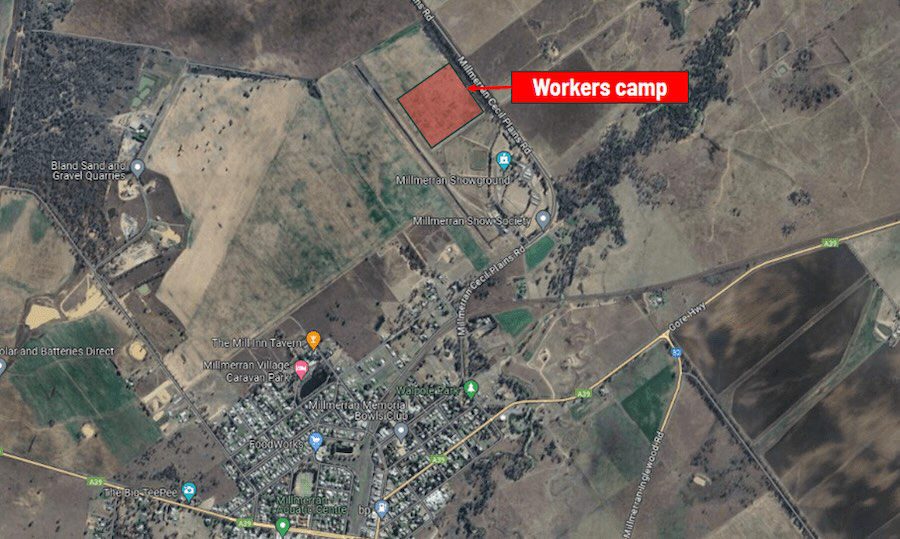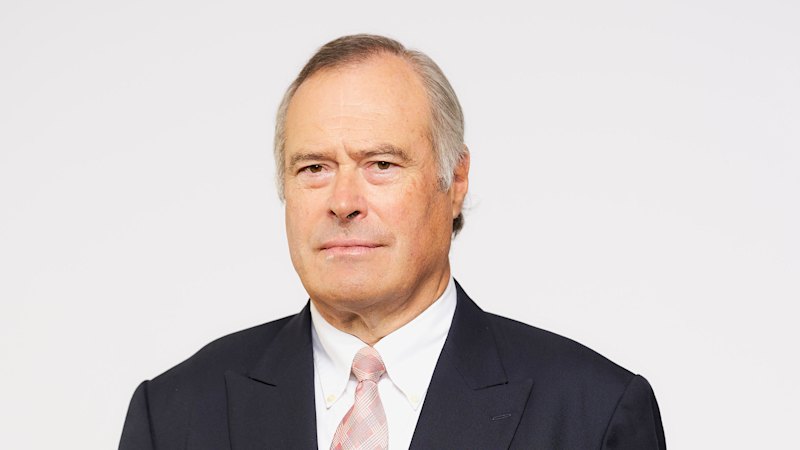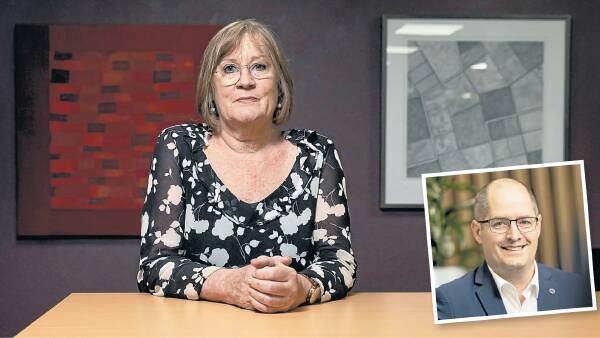
Plans for the first phase of a significant solar and battery energy park in Queensland have encountered another obstacle. The proposed development, located southwest of Toowoomba, aims to establish a facility with a capacity of up to 2 gigawatts. Recent reports indicate that a legal challenge has been filed against the Toowoomba Regional Council’s decision to approve a work camp intended for the construction workforce.
The appeal was lodged with the Queensland Planning and Environment Court, contesting the approval of an 800-person work camp for the 775 megawatt Bulli Creek Solar project, stage 1 (BCS-1). This major initiative is currently under the ownership of Genex Power, which is linked to Japan’s J Power. The project has been in development for over a decade, having received local government approval in 2015 and federal clearance in 2017.
Project Development Stalled Again
Construction of BCS-1 was slated to begin this year following a successful offtake agreement with Stanwell Corporation for 550 megawatts of solar capacity. Project developers anticipate making a final investment decision by late 2025. The Toowoomba council had approved plans for the work camp last month, which would be established on the outskirts of the town of Millmerran.
However, the approval is now under scrutiny due to an appeal from Doug Hall Poultry, a prominent local business and major employer in the region. Reports state that the appeal argues the council’s decision was flawed, asserting that the work camp could adversely affect the company’s farming operations.
According to local media, the legal challenge adds to a series of hurdles that have impeded the progress of the Bulli Creek Energy Park. The project has seen multiple ownership changes over the years, moving from First Solar to Solar Choice, and finally to Genex in partnership with J Power. Notably, iron ore magnate Andrew Forrest’s company, Fortescue Metals, was once involved, having signed a deal to take 337 megawatts from Bulli Creek for its now-abandoned green hydrogen project at Gibson Island.
Community Engagement and Future Prospects
As the situation unfolds, information from the federal government’s EPBC portal indicates that developers conducted a “proactive engagement” campaign with local residents. Notably, no public objections were raised during the planning approval process with the Toowoomba Regional Council.
The ongoing legal dispute highlights the complexities involved in large-scale renewable energy projects in Australia. While the Bulli Creek Solar project holds considerable promise for contributing to the region’s energy needs, its future remains uncertain amid these legal challenges. The outcome will significantly impact not just the project’s timeline but also the local economy and employment opportunities associated with this ambitious energy initiative.
As developments continue, both Genex Power and Doug Hall Poultry are being approached for confirmation and further statements regarding the evolving situation. The outcome of this legal challenge could set a precedent for similar projects across the country, underscoring the balance between renewable energy development and local agricultural interests.






